The inside story of Manchester City's title win, why it wasn't all about the money and how Pep Guardiola is only just getting started
Record-breaking expenditure has secured a record-breaking Premier League title win, but as Miguel Delaney explains there was much more to it than that
As Pep Guardiola celebrates at last confirming such a comprehensive Premier League title, there were some figures in the Manchester City hierarchy celebrating with a quieter sense of satisfaction. That’s because they couldn’t help thinking how much this meant to the Catalan himself, how much it vindicated him - and not just because of what happened in the Champions League, or even against Manchester United. It went deeper than that, and further back than that. It went to how very different things were just over a year ago.
The roots of such record-breaking brilliance are not just found in record-breaking expenditure, but also Guardiola previously suffering by far the worst results of his career.
City CEO Ferran Soriano and chairman Khaldoon Al-Mubarak see this season as the first reward for investment in a manager and his idea, as much as an investment in so many transfer fees. That is the wider story of the style of this league victory. It is also a victory for that idea.
While a league title should always have been the minimum expectation for the amount of money City’s Abu Dhabi hierarchy have backed Guardiola with, what could not have reasonably been expected was the massive gap between the newly-crowned 2017-18 champions and all of their wealthy rivals. That’s a massive gap in terms of points, performance and - most ominously - the very sophistication of the football.
The genuine feeling is that the three-game dip at the start of April, and the slight diminishment of how they finished the campaign, really doesn’t take away from 10 months of magnificence.
The reality is that manufacturing a gap as chasmic as that took more than money. It took the capability to really maximise that money, and a deeper idea. It also took a lot of confidence, faith and stubborn belief.
That was what Guardiola radiated, and there are a number of specific stories from that difficult winter of 2016-17 that spell this out.
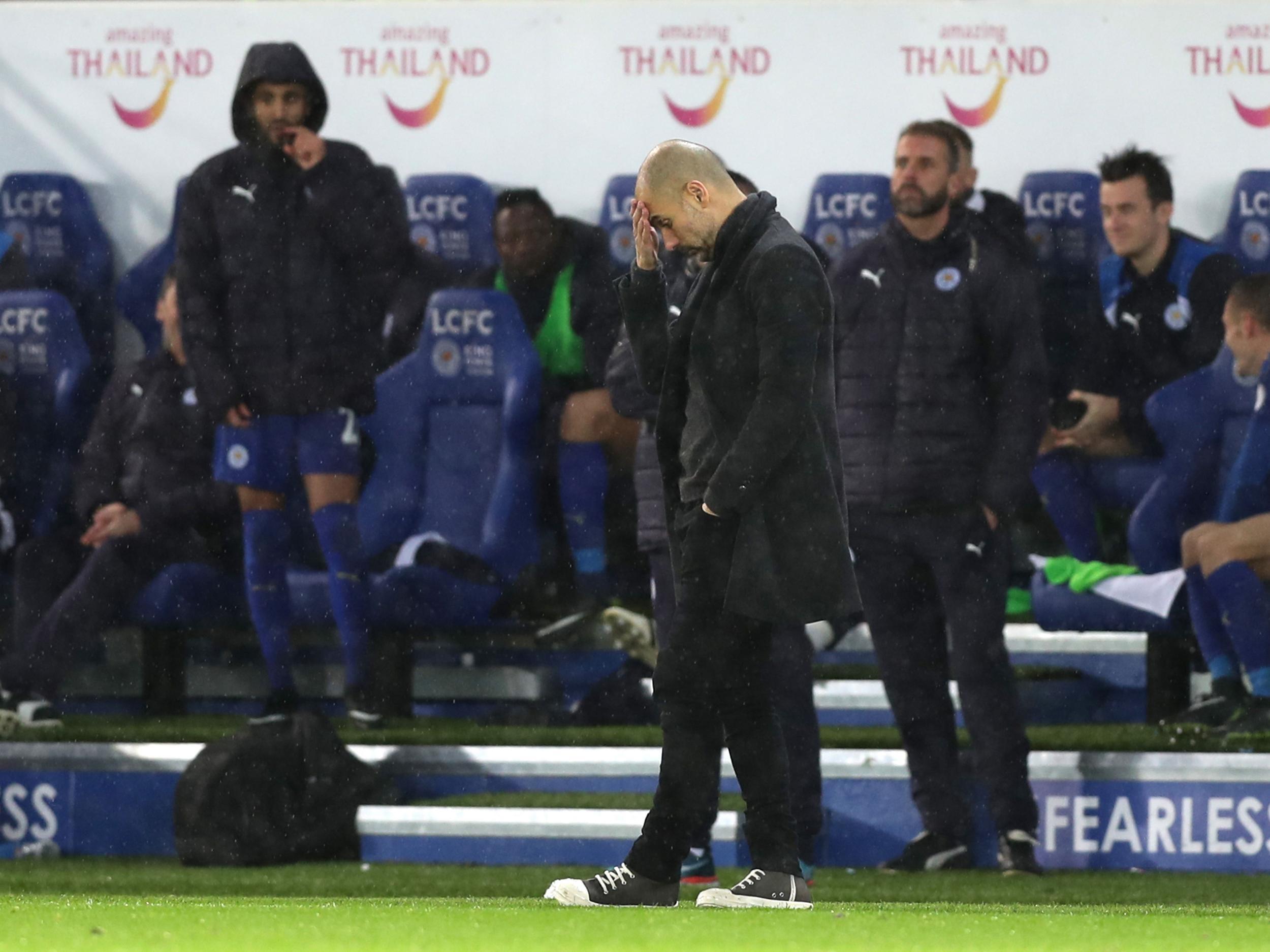
City were then in a spell of form that would see them lose four of eight games, and also concede four goals in separate fixtures against Leicester City and Everton. It was a far cry from the runs of wins they have so effortlessly put together this season, while so repeatedly and exhilaratingly putting the ball in the net.
It was also a far cry from the way Guardiola is currently feted.
Aside from facing such poor results for the first time in his career, he was also facing very pointed questions for the first time. His media comments were not met with studied appreciation of a superior football mind, but instead bemused wonder, especially when he came out with lines like “what is tackles?”
It was how City defended, however, that was causing the most problems. The decision to replace Joe Hart with Claudio Bravo had looked a disaster. In front of the greatly suffering new goalkeeper, the highly expensive John Stones was trying to play the type of expansive football that Guardiola demanded but only seemed to keep getting caught out with high-profile mistakes. Some of the most influential figures at the club were at that point even admitting to doubts about why they spent so much on Leroy Sane. Guardiola was insistent to them the German would turn out brilliantly, but the hierarchy also saw this was far from a brilliant time for the manager.
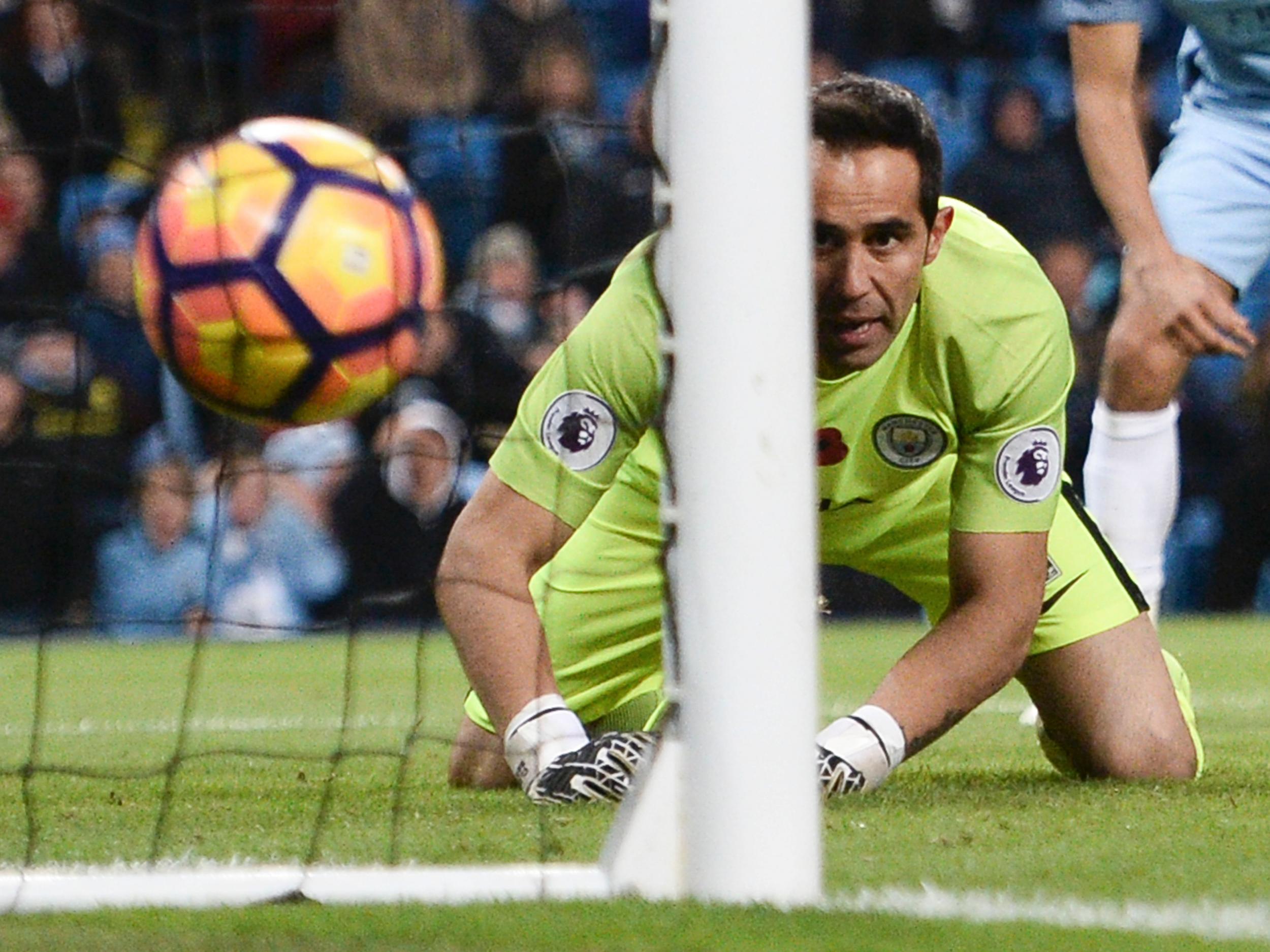
They could see how much this was paining him, how he was suffering some “low lows”, how highly he was scrutinising absolutely everything about his work. If Guardiola is an “artist”, as Khaldoon describes him, he at that point only looked like a tortured one. The Catalan even privately admitted he may have underestimated that much-debated “competitiveness” of the Premier League, mostly as regards how energy-sapping the schedule is, and how that didn’t give him time to do any proper coaching.
It didn’t, crucially, lead to any personal doubts about how he coached. Instead, Guardiola only doubled down. Rather than adapt, he was going to go in the opposite direction, and even more adhesively stick to his principles. He was determined.
Soriano and Khaldoon believe that, in that sense, the disappointing first season might have been the best thing that happened. They really do see it as the key to this title win, and to how emphatic it was.
Guardiola was still going to need to be ruthlessly decisive himself if he wasn’t going to adapt, but there was no doubt about that either. That started at the back. Guardiola had to upgrade on Bravo with the same swift brutality he had upgraded on Hart.
There was sympathy for Bravo - as was to be intimated when the manager insisted on sticking with him and so praising him for the League Cup win. Guardiola’s theory was that Bravo had suffered from something the Catalan thinks unique to goalkeepers. The City boss believes that if their first game in a big opposition stadium is a bad one, something goes in their mind, and it is very difficult to recover from. Bravo suffered such a bad one at Old Trafford in September 2016, and didn’t look right for the rest of that season. He could barely make a save. Ederson has been the opposite. He has barely made anything close to an error, and one of his stand-out moments of the season was the effective game- and title-clinching late double stop in the 2-1 win back at Old Trafford in December. That was the win over United that was really won the league.
Ederson was also the opposite in terms of profile, something that is relevant to the wider debate over how much City have spent. Not much of it has been spent on established stars. Indeed, when Guardiola and director of football Txiki Begiristain put Ederson’s name to some of City’s main decision-makers, eyebrows were raised as they had never heard of him. Guardiola and Begiristain were insistent, however, that all of their scouting and analytics had emphasised that the then 23-year-old was “perfect” for how they wanted to play. So it has proved. Ederson’s record £35m fee is now seen as a bargain.
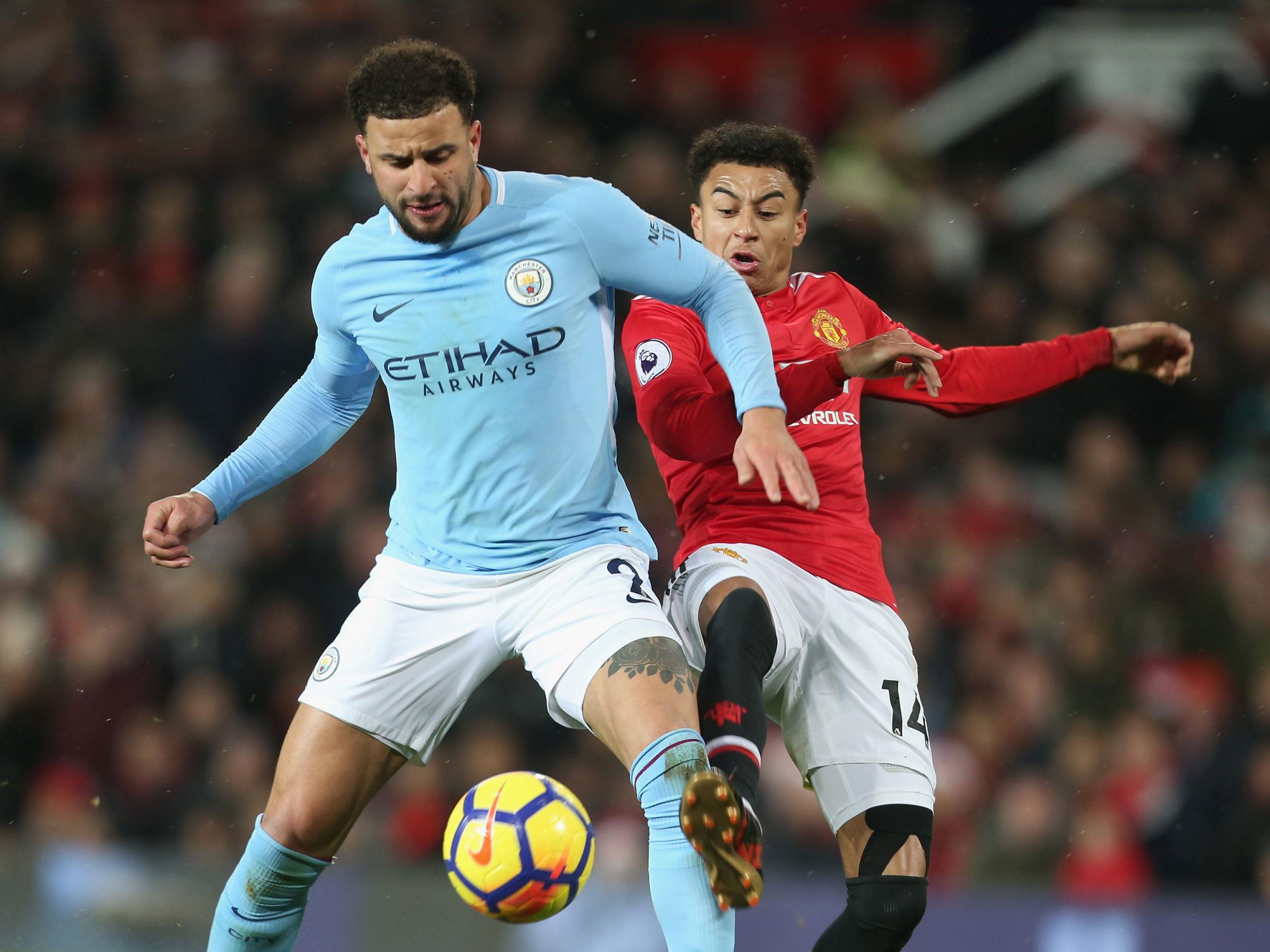
No one would quite say that the £130m spent on full-backs Kyle Walker, Benjamin Mendy and Danilo was a bargain, but that just represented more extreme decisiveness. Guardiola knew his system just wouldn’t work in the same way with full-backs no longer capable of the physical power he required. It is too important a position.
This also raises another important point about the money, and the manner it’s used. City’s win is far from just a case of Guardiola putting them out on the pitch and letting them play. He by contrast looked to improve on every single little detail in what is a grand overarching plan.
Having introduced the squad to his vision of how a team should move in his first season, and getting them to try and comprehend the conceptualised map of a football pitch with 20 different zones to move between, Guardiola immediately began his second summer by concentrating on building play from the back. That was the main focus of preseason.
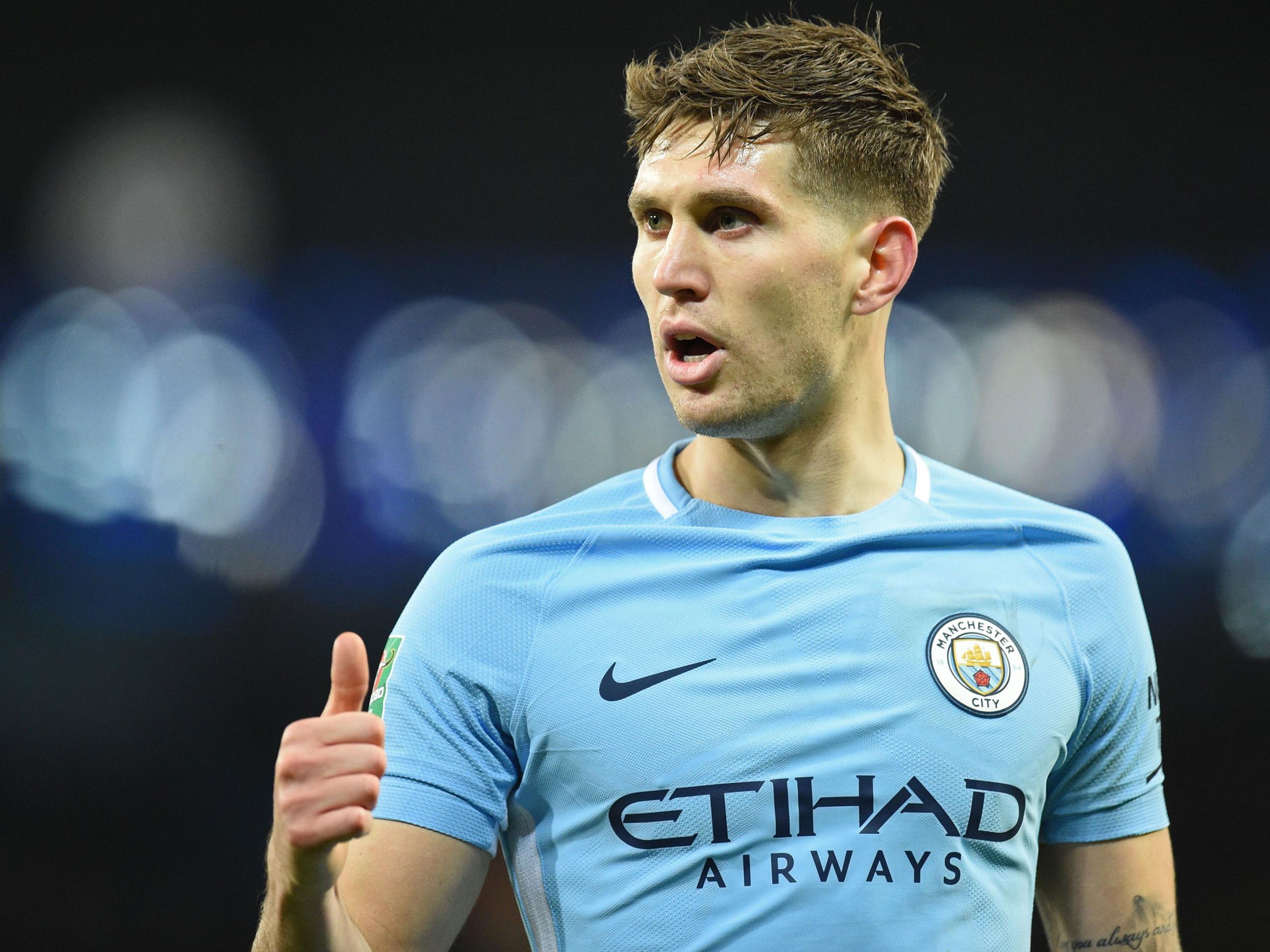
Players were told to never, ever kick it long from the back - even when under intense pressure. This is possibly something under-appreciated in this victory.
It also involved a lot of players having to learn a new way, and in some cases overturn everything they knew about the game.
Stars like the peerless Kevin De Bruyne believe the effects of this really began to show around February 2017, but it really finished coming together in September, and with one big win. That, coincidentally and symbolically enough given how the campaign ended, was over Liverpool. They were the true beginning and the end.
In the build-up to that 5-0 and even right up until the second goal, there had still been some holes in the City side, gaps in their understanding, and a few too many remaining breaks in their play. The debate over how that match would have gone had Sadio Mane not been sent off touched on this.
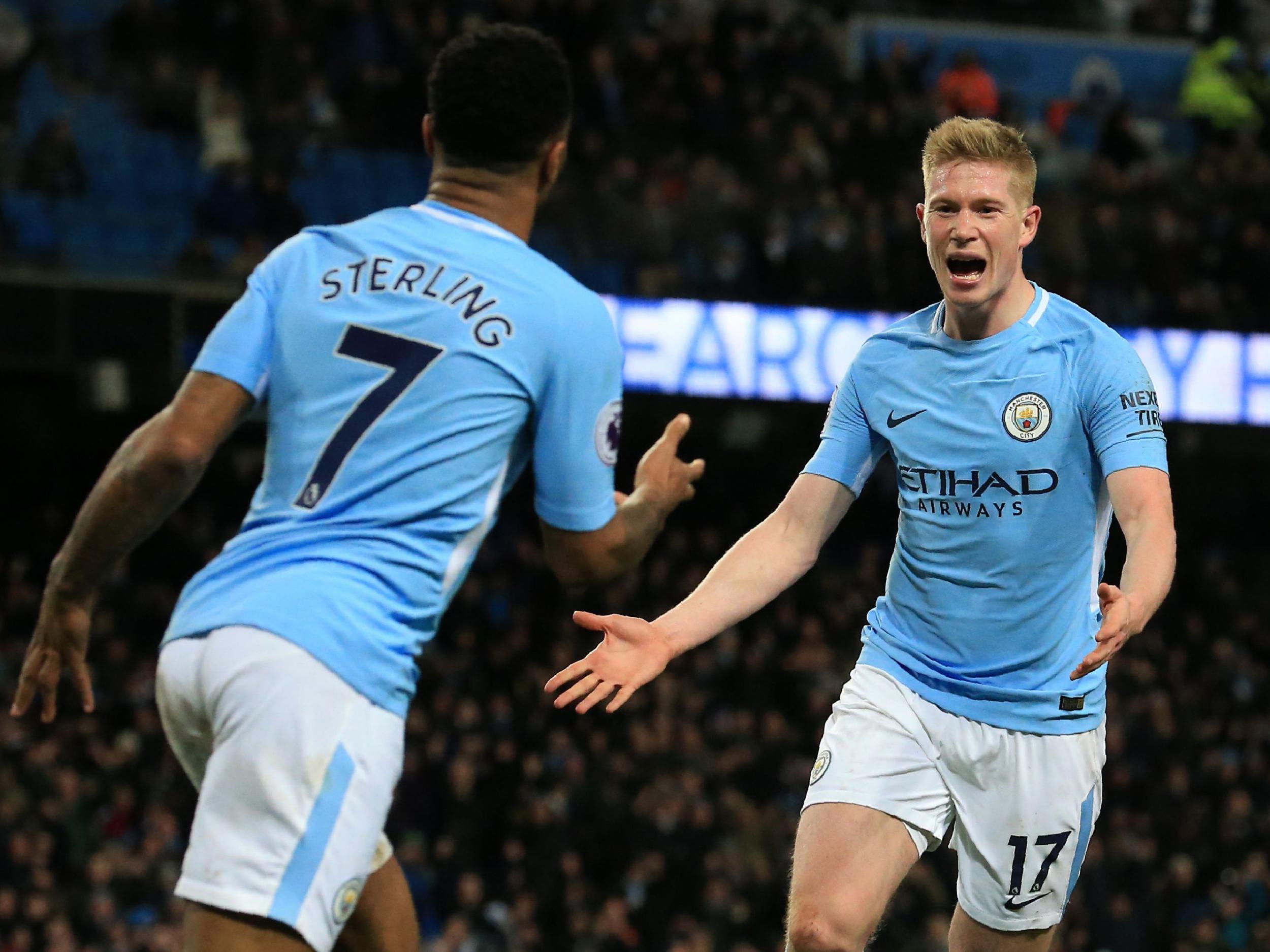
The answer to that will never be known. What is very definitely known is how City benefitted from what happened next, but not just in terms of the greater space that brought a 5-0 win. There was also the understanding gleaned from that 5-0 win, and the ability to now very transparently see how Guardiola’s grand plan worked. That was what the greater space of that game really brought; that greater final comprehension.
Knowledge of Guardiola’s ideas - particularly the 20-zone map of a pitch and how to move within it - was now second nature to the City squad, but was boosted by a key second quality: full and unwavering confidence in those ideas.
In real visible terms on the pitch, it meant the following tactical approach. Technically perfect controllers like De Bruyne and the sublime David Silva would command the centre of the pitch and so much opposition attention, while two of the wide players - either the wingers like Raheem Sterling or wing-backs like Walker - would go very wide to take the other side’s full-backs with them and create a space outside the opposing central defenders. The two wide players who didn’t go wide would then move into that space, giving those midfield controllers an abundance of potential passing options... and that for controllers like De Bruyne and Silva who are capable of an abundance of different types of divine passes. It was precision, with pace, with proper organisation and then emboldened by the most wondrous imagination.
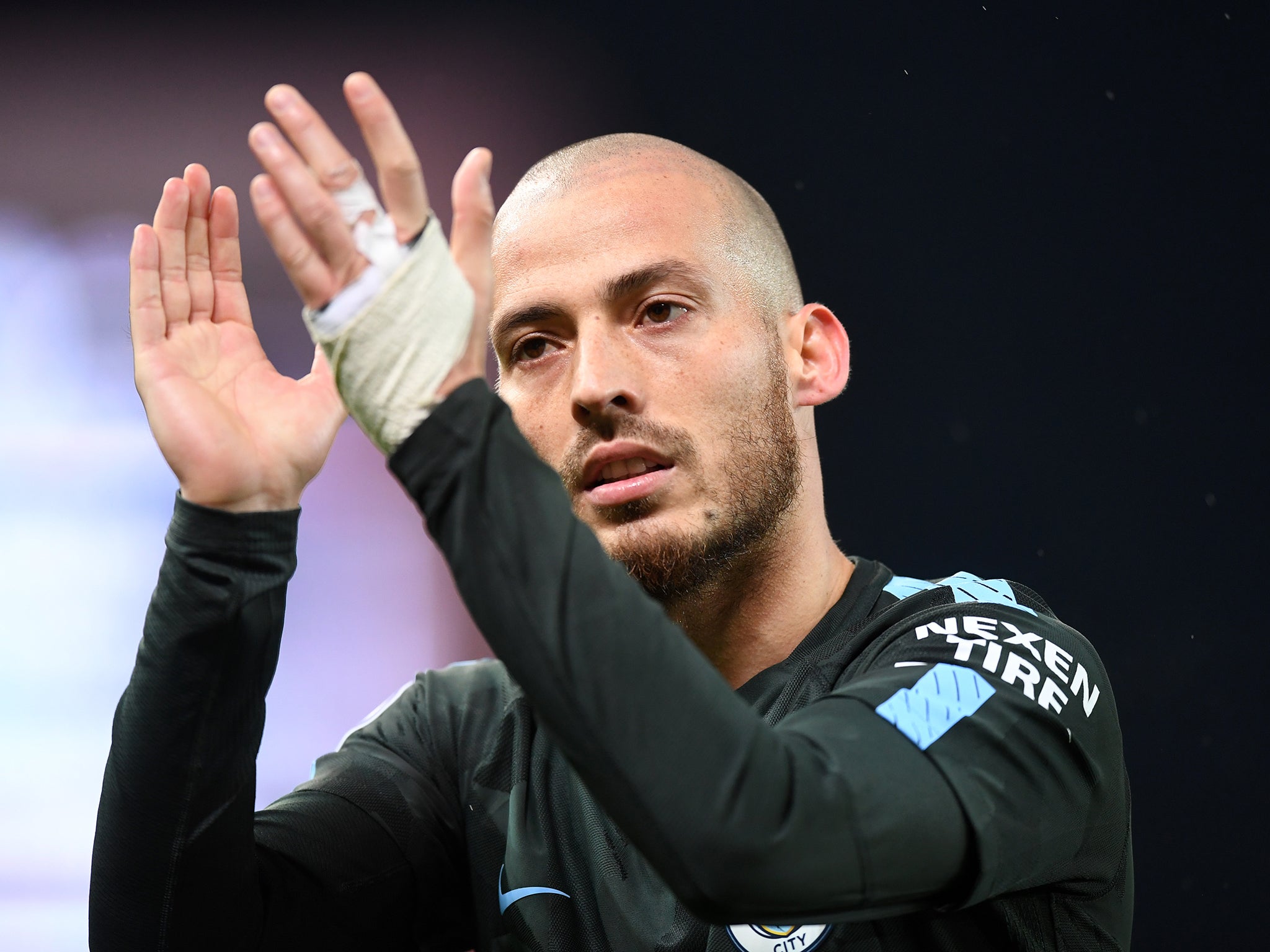
This was the source of so many moments where De Bruyne would play what seemed an impossibly threaded through ball, and so many goals that involved close-range finishes after short passes and looked like they belonged on a five-a-side pitch rather than a Premier League game.
This was similarly the source of so many games where City would effortlessly but effervescently pull teams apart with moves that seemed to just spin the opposition out of control, and so many high-scoring thrashings: the 6-0 away to Watford; the 5-0 over Crystal Palace; the 7-2 over Stoke City; the 4-1 over Tottenham Hotspur; the 5-1 over Leicester City.
It was also the source of that 18-game winning run, the longest that English football has ever seen. That wasn’t all the City hierarchy were seeing either.
They were seriously impressed by the drastic improvement in youngsters like Sane and Sterling - still in their very early twenties yet now firing one of the very best attacks in Europe - but most struck by the effect on the band of players aged between 28 and 32 like Fernandinho and Nicolas Otamendi. As crucial as they were to the overall plan, they also benefitted from specific individual improvements. Fernandinho was shown movements and little tricks Guardiola himself excelled at when he played in that pivot position, while Otamendi did a lot of work on winning second balls in both boxes.
Their importance reflects something else that Guardiola has concentrated on: the creation of a collective identity, of something they all feel a key part of. Conscious of the criticism that City could just be a collection of excellent expensive players, Guardiola wants them to stand for something more. He has wanted to create more of a “narrative” around the side, and have the players also [open itals] feel [close itals] they stand for something bigger.
This has been discussed with the sports psychologists, and emphasised with specially commissioned media. It has been reinforced by the repeated stressing that any team decision is merit-based. This is why there have been “no noses out of joint" when players have been left out. As one club source says, “everyone has been made feel a part of the project. Guardiola has cultivated an environment of generosity and respect.” It says much that even any ego Aguero might have had has been tempered. It’s also probably the first time at club level where he’s felt a member of a group, rather than one of the leaders responsible for carrying the team.
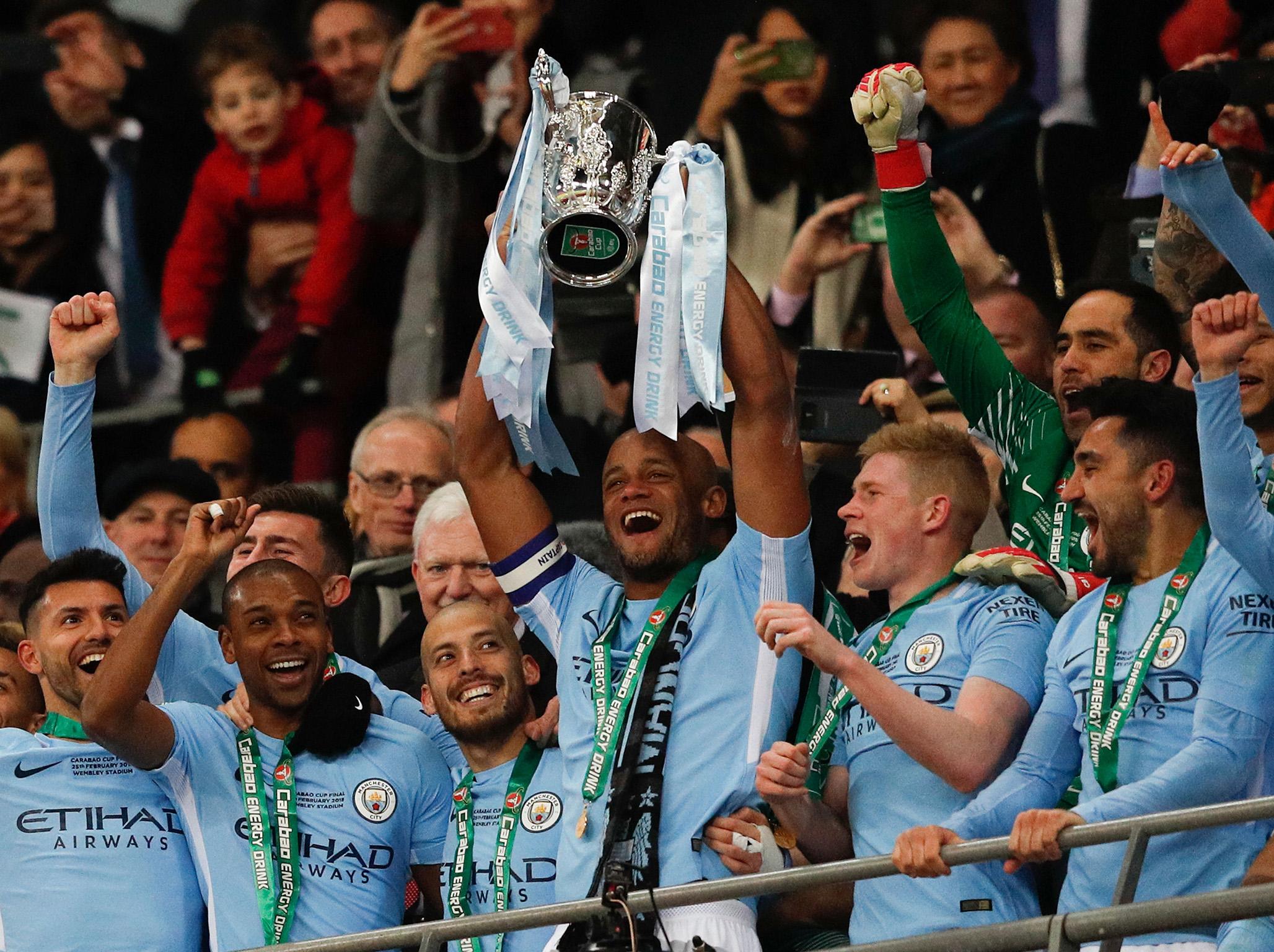
This is why Guardiola insists the players go out on the pitch together, leave together and celebrate together.
This could be particularly seen in that victory over Liverpool, the key win at Old Trafford, the two at the Etihad over Tottenham and Chelsea… and now for the title itself.
The team never bent because Guardiola never bent, and it is why there are no great concerns over the end to the season that will someway caveat this joy.
City already saw significant progress from last season, and can now fairly anticipate more progress next season. Everyone says they can feel it. So many key players are still so young. Players like Sane and Sterling will be older and De Bruyne closer to his prime, and the feeling is they can become an even more complete team. The idea is there now, fully formed, and so is the Premier League trophy.
Join our commenting forum
Join thought-provoking conversations, follow other Independent readers and see their replies
Comments
Bookmark popover
Removed from bookmarks